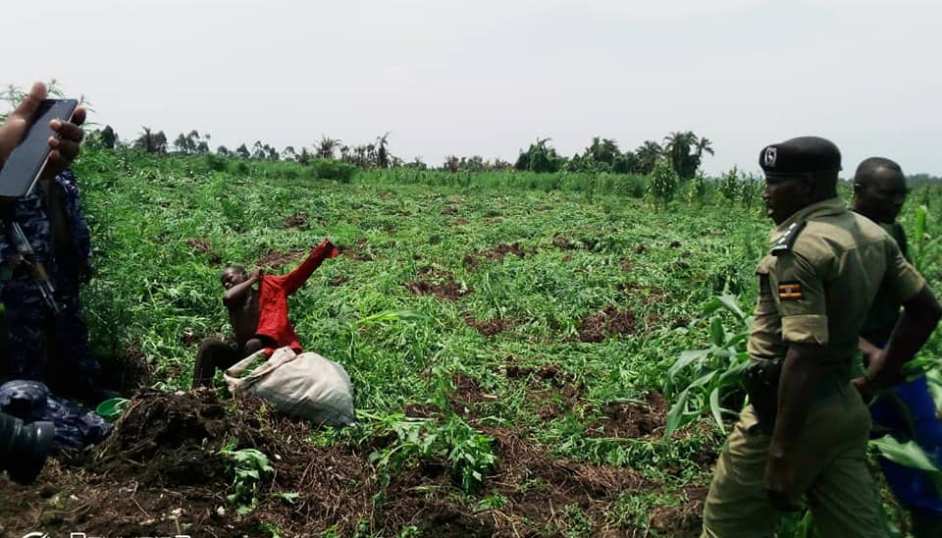The International Monetary Fund (IMF) has revealed Uganda government approached it for another loan and discussions are progressing well.
The IMF spokesperson Gerry Rice says that Uganda requested a three-year loan arrangement. The loan could be in the range of USD 900 million which is roughly 3.1 trillion Uganda Shilling, according to the journalist who asked the question on Thursday.
“It’s reported that Uganda is looking for a USD 900 million three-year packages from the IMF related to spending driven by COVID-19 response. Is that true, can you confirm it? Where does that stand?” Mathew Lee, a journalist with AP inquired.
Although Rice confirmed the three-year arrangement, he did not give a specific amount the Uganda requested. “The exact final amount will depend on Uganda’s estimated balance of payments needs and the strength of policies the authorities commit to implementing. And, of course, as is always the case, the ultimate approval of the arrangement rests with our Executive Board,” Rice said.
Uganda last year borrowed USD 491.5 million roughly 1.7 trillion Shilling under the Rapid Credit Facility, a programme that provides access to rapid and concessional financial assistance to Low-Income Countries facing urgent balance of payments needs.
Ministry of Finance spokesperson Jim Mugunga declined to respond to any question, arguing that questions should be directed to the IMF. “Why didn’t you ask IMF who said it?” Mugunga said dismissively. “I don’t speak on behalf of IMF. How do you ask me to confirm something that I have not said? Ask the one who said it please!”
Finance Minister Matia Kasaija did not pick calls. But this loan will likely trigger more questions on Uganda’s skyrocketing public debt. Uganda’s total public debt hit a record 65.82 trillion shilling as of December 2020, up from 49 trillion Shillings in 2019, according to the Auditor General’s report.
And this was a 47.2 per cent debt to GDP ratio, compared to 38 per cent as of December 2019. Almost five months into 2021, Uganda’s debt to GDP ratio is heading past the 50 per cent debt-to-GDP ratio threshold set by IMF for developing countries because parliament has been approving loans.
Julius Kapwepwe, the Executive Director of Uganda Debt Network says borrowing is inevitable as long as Uganda has not reconfigured its expenditure. “For instance, if you have a bloated recurrent expenditure, it does not matter how far you borrow. Similarly, if you have runaway corruption, it does not matter how much you borrow,” he argued. In such a situation, he argues government cannot get out of debt through borrowing.
-URN




